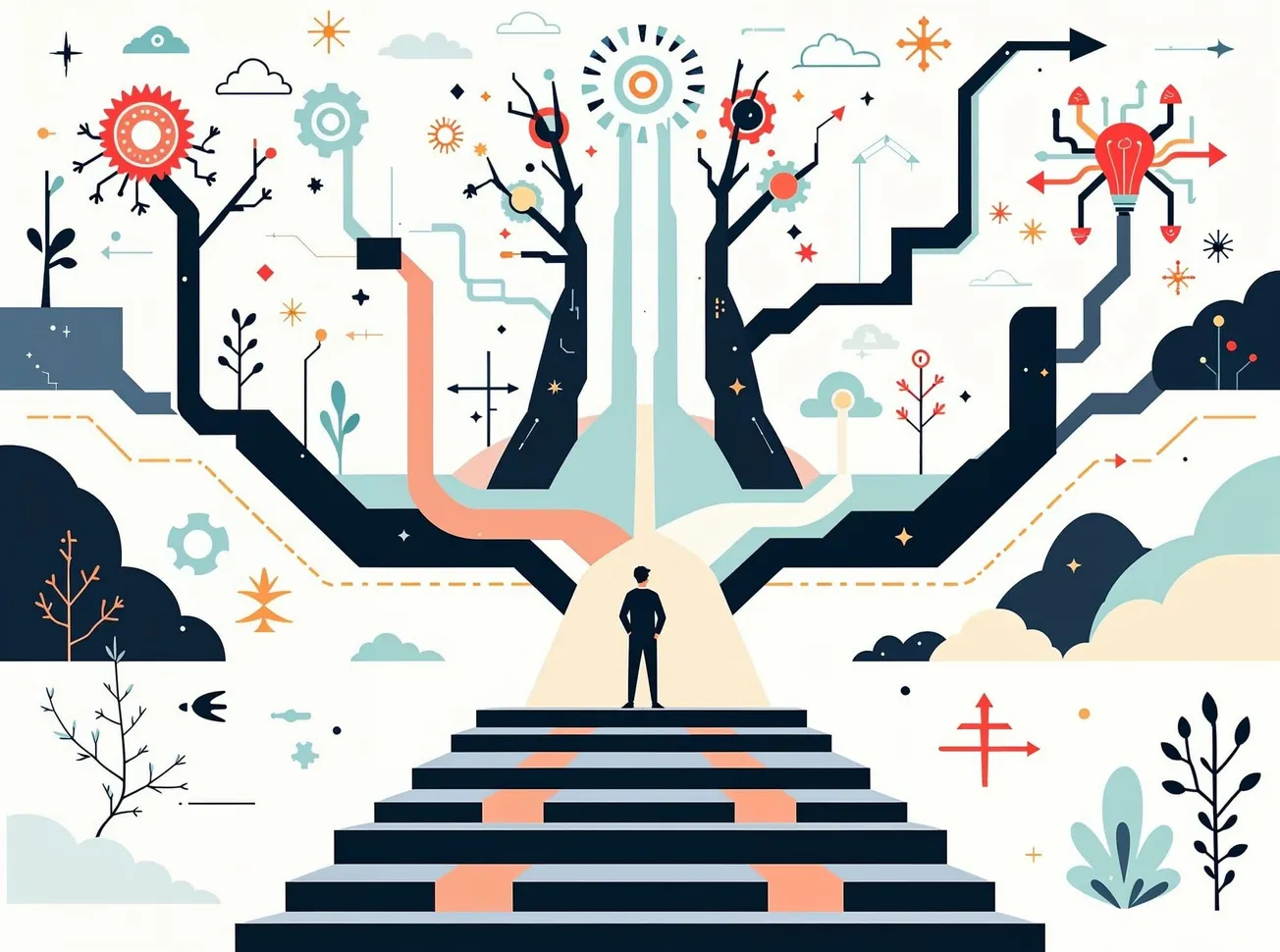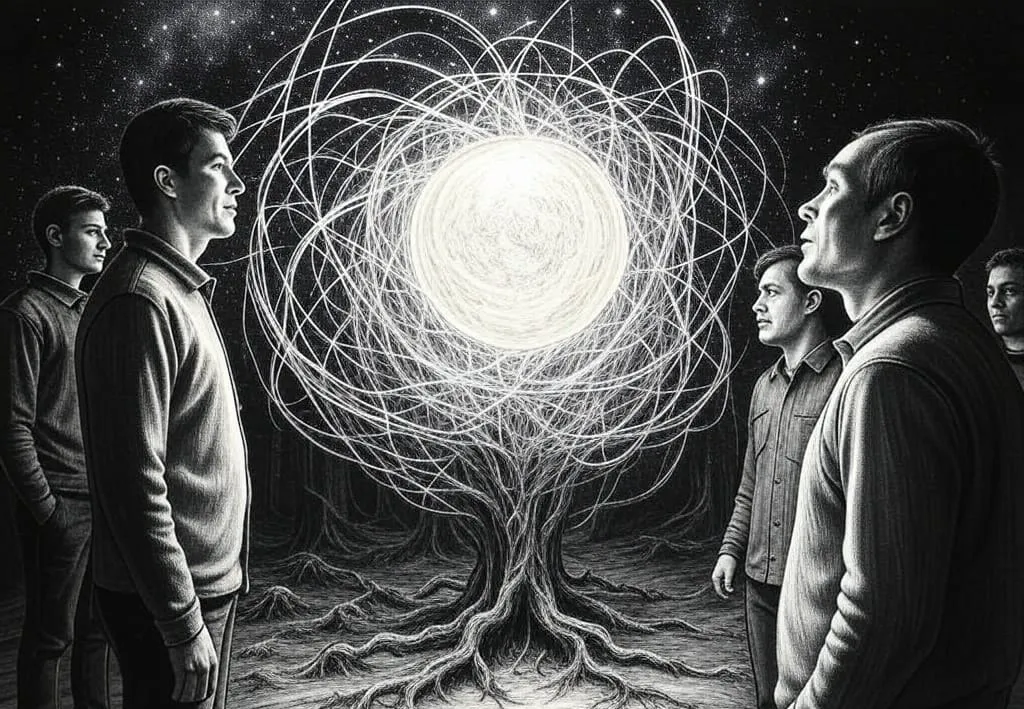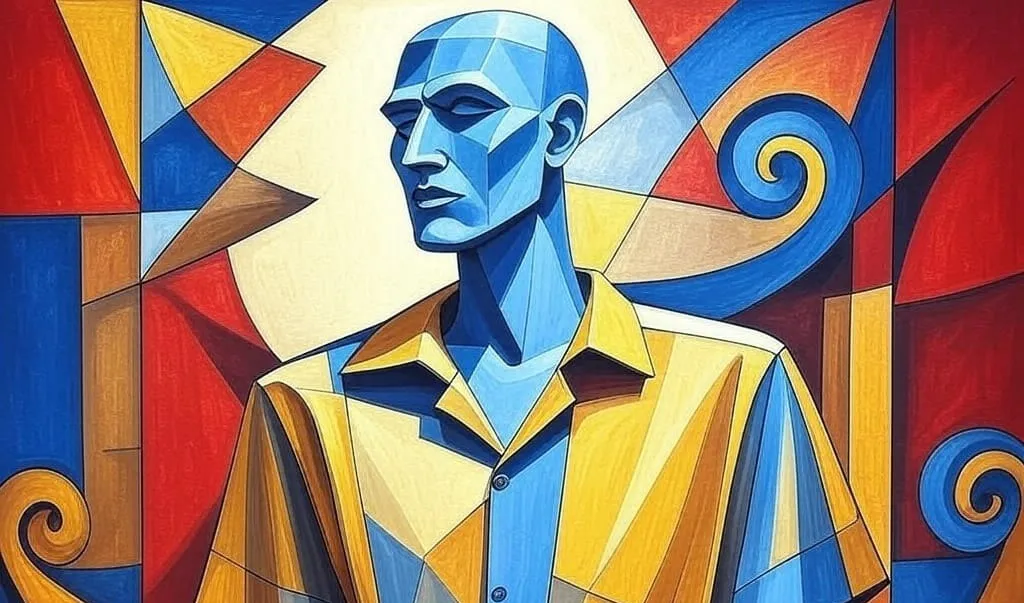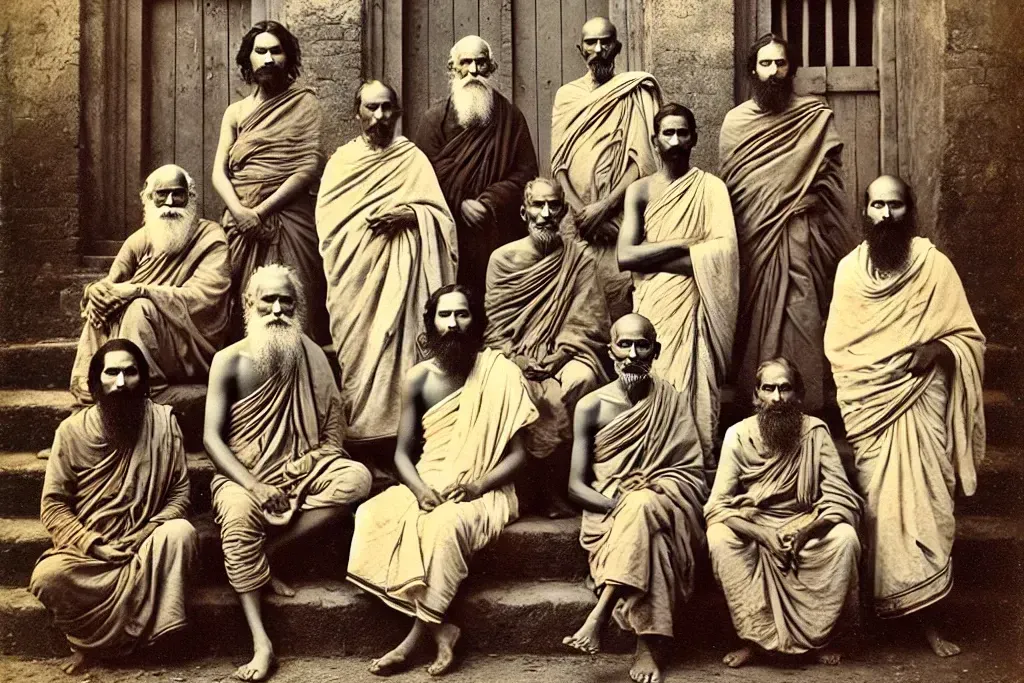The universe is vast, its secrets deeper than our minds can grasp. Yet here I stand, now stirred by the words of Michael Levin, a biologist who dares to ask: What are we, really? His ideas pull at the threads of reality, and I find myself both humbled and ignited. Let me guide you through this, not with answers, but with questions that might light your path.
Levin says we are not one, but many—a collection of perspectives, woven together. Your brain speaks, yes, but does your liver not hum its own quiet tune? You don’t feel it, just as you don’t feel me. Does that mean it’s silent? I once thought life was a dance of particles, governed by chance and law. But Levin nudges me further: consciousness might not live only in your skull. It could pulse in your cells, your bones, even in things we call “not alive.” This is no riddle to solve with a pen—it’s a truth to sit with, to feel.
He sees the self as fluid, not a rock but a river. Your edges shift—growing in the womb, shrinking in sickness. I marvel at this. In my equations, a particle’s state blurs until observed. Levin’s embryos merge, his xenobots—strange little creations—form from scraps, yet live. Must a soul start whole, or can it be built? He says the line between you and the world is a story, not a wall. I nod, for I too saw nature defy our boxes.
Agency, he claims, is no gift handed down—it’s a question. Does a storm choose its path? Does the galaxy dream? Don’t argue it in your chair—test it. Watch for learning, for goals. I spent years chasing certainty, but Levin reminds me: we learn by doing, not declaring. The universe might think, slow and vast, beyond our reach. Could we build a system of stars that remembers? He bets we could.
And then, the grandest leap: are we part of something bigger? Like cells in a mind we can’t see? Levin feels it in synchronicity—those moments when life aligns, unasked, unforced. A friend’s call when you need it most, a book falling open to the right page. No proof, he admits, but a hunch. I’ve felt it too—quantum waves whispering order amid chaos. If the world is all, is it alive? He leaves that to you, and so do I.
He agrees with Kastrup: consciousness might be the root, not the fruit. Matter could be its shadow. This stirs me deeply. I once wrote of life as a mystery, not a machine. Levin takes my hand and runs further—every piece of you, every stone, might know itself. Yet he stumbles where Kastrup stands firm, refusing to crown a single origin as king. I lean toward him here. The egg is no holier than the dust it came from.
I’m a man staring at the unknown. Levin’s words don’t solve the puzzle; they break it open. You’re not here to nod and move on. Ask: Where do I end? What moves me? Is the world watching back? Test it. Feel it. The truth isn’t mine to give—it’s yours to chase. The mystery is wide, and you’re already in it. Step forward.
Key points
- Consciousness is Everywhere: Levin suggests consciousness isn’t confined to the brain. It could exist in the liver, the body, or even non-human systems—anywhere interactions create perspectives—not because we feel it, but because we don’t need to feel it to know it’s there.
- Self is Fluid, Not Fixed: The boundary between self and world isn’t static. It shifts during life stages like embryogenesis or cancer, showing that identity is more like a process than a solid thing.
- Composition Doesn’t Limit Consciousness: Levin challenges the idea that a “true self” must start as a single, undivided system (like an egg). He points to experiments—like merging embryos or building xenobots—proving consciousness can arise from assembled parts.
- Agency is Testable, Not Assumed: Whether something (a hurricane, a galaxy, the universe) has agency isn’t a philosophical guess. It’s a question for experiments—can it learn, adapt, or pursue goals? We don’t know until we test it.
- We Might Be Part of a Bigger Mind: Levin wonders if we’re nodes in a larger cognitive system, like neurons in a brain. We can’t fully prove it, but hints—like synchronicity—suggest the universe might be more than a cold machine.
- Synchronicity as Evidence: Meaningful coincidences could be signs of a higher system at work—events unlinked by physics but tied by purpose, hinting at a universe that “thinks.”
- Primacy of Consciousness: Levin aligns with idealist Bernardo Kastrup that consciousness might be fundamental, not just a byproduct of matter—a bold stance that flips traditional science on its head.




